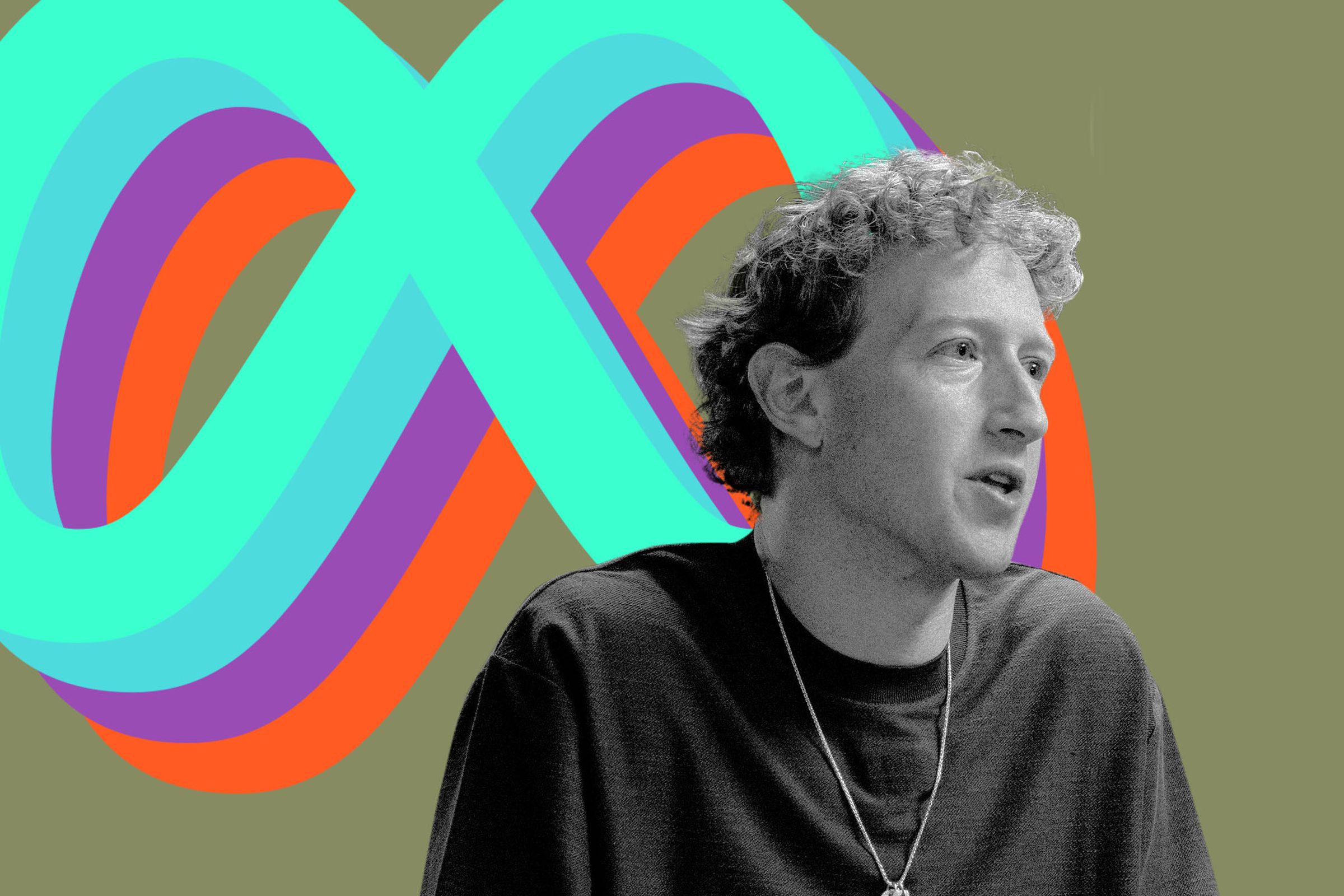Meta argues OpenAI “should not be allowed to flout the law by taking and reappropriating assets it built as a charity and using them for potentially enormous private gains.”
Share this story

Meta is asking California Attorney General Rob Bonta to block OpenAI’s planned transition from a non-profit to for-profit entity.
In a letter sent to Bonta’s office this week, Meta says that OpenAI “should not be allowed to flout the law by taking and reappropriating assets it built as a charity and using them for potentially enormous private gains.”
The letter, which was first reported on by The Wall Street Journal and you can read in full below, goes so far as to say that Meta believes Elon Musk is “qualified and well positioned to represent the interests of Californians in this matter.” Meta supporting Musk’s fight against OpenAI is notable given that Musk and Mark Zuckerberg were talking about literally fighting in a cage match just last year.
OpenAI started as a non-profit but stumbled into commercial success with ChatGPT, which now makes billions of dollars a year in revenue. CEO Sam Altman has been clear that the company needs to shed its non-profit status to become more attractive to investors and continuing funding its ambitions. The stakes are so high that OpenAI will have to return the billions of dollars it raised this year (with interest) if it can’t successfully convert to a for-profit company within two years.
In its letter to the government, Meta argues that OpenAI’s “conduct could have seismic implications for Silicon Valley” and “represent a paradigm shift for technology startups” by enticing “investors to launch organizations as non-profits, collect hundreds of millions of dollars in tax-free donations to support research and development, and then assume for-profit status as its technology becomes commercially viable.”
In response to Meta’s letter, OpenAI board chair Bret Taylor said the company’s non-profit board of directors is “focused on fulfilling our fiduciary obligation by ensuring that the company is well-positioned to continue advancing its mission of ensuring AGI benefits all of humanity.”
In a statement shared with The Verge, Taylor said that, “While our work remains ongoing as we continue to consult independent financial and legal advisors, any potential restructuring would ensure the nonprofit continues to exist and thrive, and receives full value for its current stake in the OpenAI for-profit with an enhanced ability to pursue its mission.”
Meta has its own competitive reasons to to hamper OpenAI’s commercial success, of course. Zuckerberg is set on his Meta AI being the most used assistant in the world. He also wants to build AI super intelligence, which OpenAI is racing to make a reality.
Here’s Meta’s full letter to California Attorney General Rob Bonta:
Dear General Bonta:
As a California company that builds Generative AI technology, Meta Platforms, Inc. (“Meta”) is deeply concerned about OpenAI’s attempt to shed the non-profit status under which it was founded in order to establish a for-profit entity. We urge you to review this proposed transaction, including the nature and timing of any transfer of assets from OpenAI’s non-profit entity to other entities. Failing to hold OpenAI accountable for its choice to form as a non-profit could lead to a proliferation of similar start-up ventures that are notionally charitable until they are potentially profitable. The People of California have direct and urgent interests in stopping this behavior. All for-profit activities of OpenAI and its related entities should be paused to protect investors and consumers alike.
In 2015, OpenAI filed its original certificate of incorporation with the State of Delaware, which reads:
This Corporation shall be a nonprofit corporation organized exclusively for charitable and/or educational purposes within the meaning of section 501(c){3) of the Internal Revenue Code of 1986, as amended, or the corresponding provision of any future United States Internal Revenue law. The specific purpose of this corporation is to provide funding for research, development and distribution of technology related to artificial intelligence… The corporation is not organized for the private gain of any person… The property of this corporation is irrevocably dedicated to the[se] purposes… and no part of the net income or assets of this corporation shall ever inure to the benefit of any director, officer or member thereof or to the benefit of any private person.
OpenAI reaffirmed this commitment on its very own website years later:
Seeing no clear path in the public sector, and given the success of other ambitious projects in private industry, [OpenAI] decided to pursue this project through private means bound by strong commitments to the public good. [OpenAI] initially believed a 501(c)(3) would be the most effective vehicle to direct the development of safe and broadly beneficial AGI while remaining unencumbered by profit incentives.
Taking advantage of this non-profit status, OpenAI raised billions of dollars in capital from investors to further its purported mission. The company represented to the State of California and the world that it would be run without any profit motivation. Investors and the public rightfully relied on that assurance.
Now, OpenAI wants to change its status while retaining all of the benefits that enabled it to reach the point it has today. That is wrong. OpenAI should not be allowed to flout the law by taking and reappropriating assets it built as a charity and using them for potentially enormous private gains.
Moreover, OpenAI’s proposed conversion represents not simply a future, potential abuse of corporate form. We would also urge you to examine whether OpenAI’s past practices are consistent with its obligations as a non-profit – most notably whether it has inappropriately depleted the assets of the non-profit by distributing assets to third-party entities.
OpenAI’s conduct could have seismic implications for Silicon Valley. If permitted, OpenAI’s restructuring would represent a paradigm shift for technology startups; allowing this restructuring would only entice investors to launch organizations as non-profits, collect hundreds of millions of dollars in tax-free donations to support research and development, and then assume for-profit status as its technology becomes commercially viable.
Indeed, if OpenAI’s new business model is valid, non-profit investors would get the same for-profit upside as those who invest the conventional way in for-profit companies while also benefiting from tax write-offs bestowed by the government and, ultimately, the public. That would distort the market by essentially requiring any startup seeking to remain competitive to adopt the same playbook.
We understand that Elon Musk and Shivon Zilis are currently seeking to represent the public interests in Musk v. Altman, No. 4:24-cv-04722-YGR (N.D. Cal.). Although we would also urge your office to take direct action, we believe that Mr. Musk and Ms. Zilis are qualified and well positioned to represent the interests of Californians in this matter. Their early, foundational roles in OpenAI’s creation and operations and as prior members of its Board position them to understand better than anyone what OpenAI was intended to be and how its current conduct deviates from its charitable mission.
Meta is committed to openness and transparency in the transformative field of AI. OpenAI’s charitable promise to develop safe and broadly beneficial AI free from commercial pressures is an important one, and it should be kept. Given the breakneck speed at which OpenAI is continuing its for-profit conversion, this is a special case with an urgent necessity for action.
We appreciate your consideration of our views and are happy to answer any questions you may have.
Respectfully,
Meta Platforms









